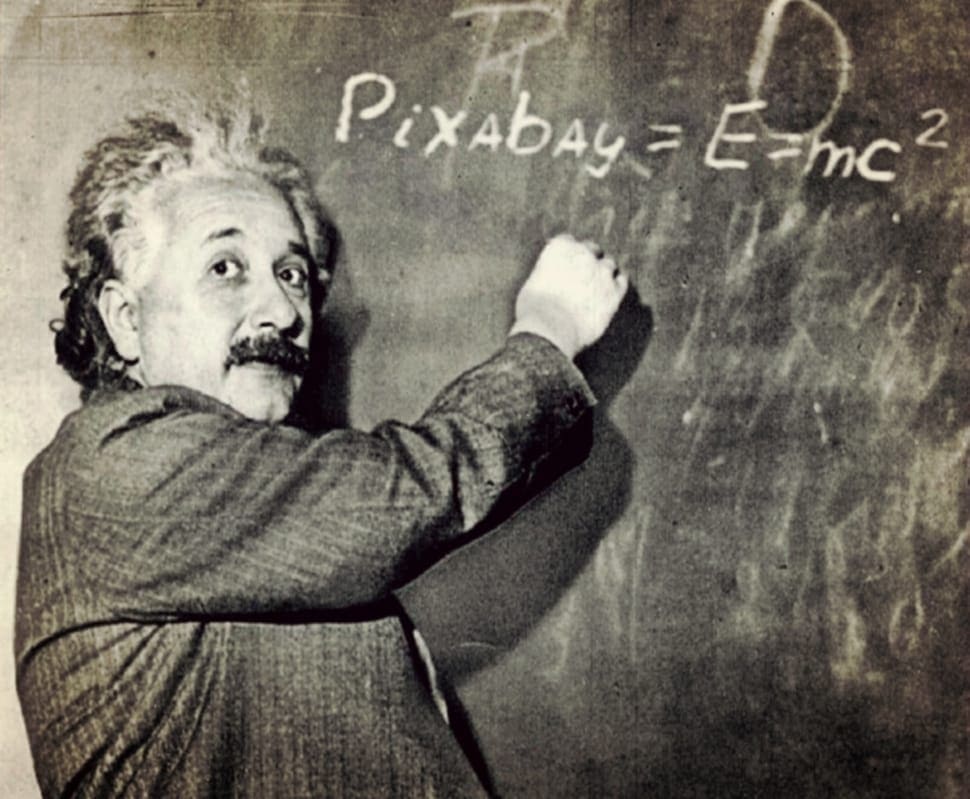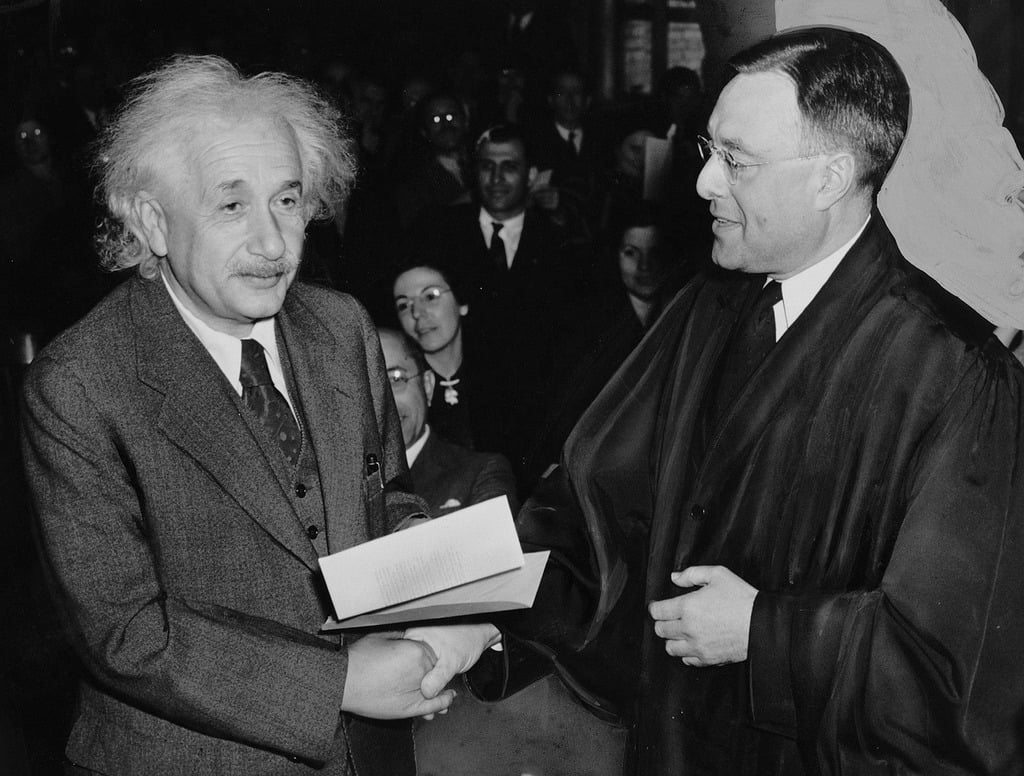Exploring the possibility of whether Albert Einstein had autism opens a fascinating window into the intersection of historical figures and neurodiversity. Einstein, renowned for his groundbreaking contributions to physics and his iconic theory of relativity, has long captivated the world with his intellect and eccentricities.
Amidst ongoing discussions about neurodivergent traits and their presence in notable figures, the question of whether Einstein exhibited characteristics consistent with autism spectrum disorder (ASD) has sparked intrigue and speculation. Delving into this topic involves navigating the complexities of historical analysis, understanding the nuances of autism, and considering how the portrayal of individuals in the public eye intersects with perceptions of neurodiversity.

Albert Einstein's Autism
Albert Einstein, known for his groundbreaking contributions to physics, displayed certain behaviors and characteristics that some experts believe align with traits commonly associated with autism spectrum disorder (ASD).
These traits include intense focus and preoccupation with specific subjects, exceptional attention to detail, and difficulties with social interactions. Additionally, some sources suggest that Einstein experienced delayed speech development during early childhood, which is sometimes observed in individuals with autism.
It is worth noting that diagnosing autism retrospectively, especially in the case of historical figures, is highly speculative and subject to interpretation. Without direct evidence or a documented diagnosis, it is impossible to definitively state whether Albert Einstein had autism. However, the discussion surrounding Einstein’s potential connection to autism has sparked curiosity and further exploration into the relationship between exceptional abilities and neurological differences.

Einstein: A Genius Ahead of His Time
Albert Einstein, born in 1879 in Ulm, Germany, is best known for his theory of relativity that revolutionized our understanding of time, space, and gravity. His groundbreaking work paved the way for numerous advancements in physics and earned him a place among the greatest scientific minds in history. Einstein’s contributions to science, coupled with his unconventional lifestyle and idiosyncratic behavior, have led many to speculate about his neurodivergent traits.
Einstein's Unconventional Behavior
Throughout his life, Einstein exhibited various behaviors that some observers have interpreted as indicative of autism. He was known for his intense focus on his work, often becoming deeply absorbed in his research and thought experiments. Einstein’s social interactions were sometimes characterized by awkwardness and a lack of interest in conventional social norms. He preferred solitude and found solace in his own thoughts and pursuits.
Obsessive Interests and Routines
One aspect of Einstein’s behavior that has led to speculation about autism is his reported obsessive interests and routines. He was known to immerse himself completely in his work, often neglecting mundane tasks and personal responsibilities in favor of his scientific endeavors. Einstein’s dedication to his research was unparalleled, and he maintained a strict routine to facilitate his creative process.
Social Challenges and Communication Differences
While Einstein was undoubtedly a brilliant scientist, he struggled with certain aspects of social interaction and communication. He had difficulty understanding social cues and norms, often appearing aloof or disinterested in small talk. Einstein’s directness and bluntness sometimes rubbed people the wrong way, leading to strained relationships with colleagues and acquaintances.
Historical Perspectives on Einstein's Behavior
Historians and biographers have offered various interpretations of Einstein’s behavior, with some suggesting that he exhibited traits consistent with autism spectrum disorder. Others argue that attributing a modern diagnosis to historical figures is speculative and unreliable, given the limitations of historical evidence and the evolving understanding of neurodiversity.
The Intersection of Genius and Neurodiversity
The question of whether Einstein had autism highlights the complex relationship between genius and neurodiversity. While Einstein’s unconventional behavior and intense focus may align with certain characteristics of autism, it’s essential to avoid oversimplifying or romanticizing his neurodivergent traits. Genius comes in many forms, and neurodiversity contributes to the richness and diversity of human experience.
Challenging Stereotypes and Promoting Understanding
Exploring the possibility of Einstein having autism provides an opportunity to challenge stereotypes and misconceptions about neurodiversity. Rather than viewing autism as a limitation, we should celebrate the unique strengths and perspectives that neurodivergent individuals bring to the table. By promoting understanding and acceptance of neurodiversity, we can create a more inclusive society that values the contributions of all individuals, regardless of their neurological differences.

